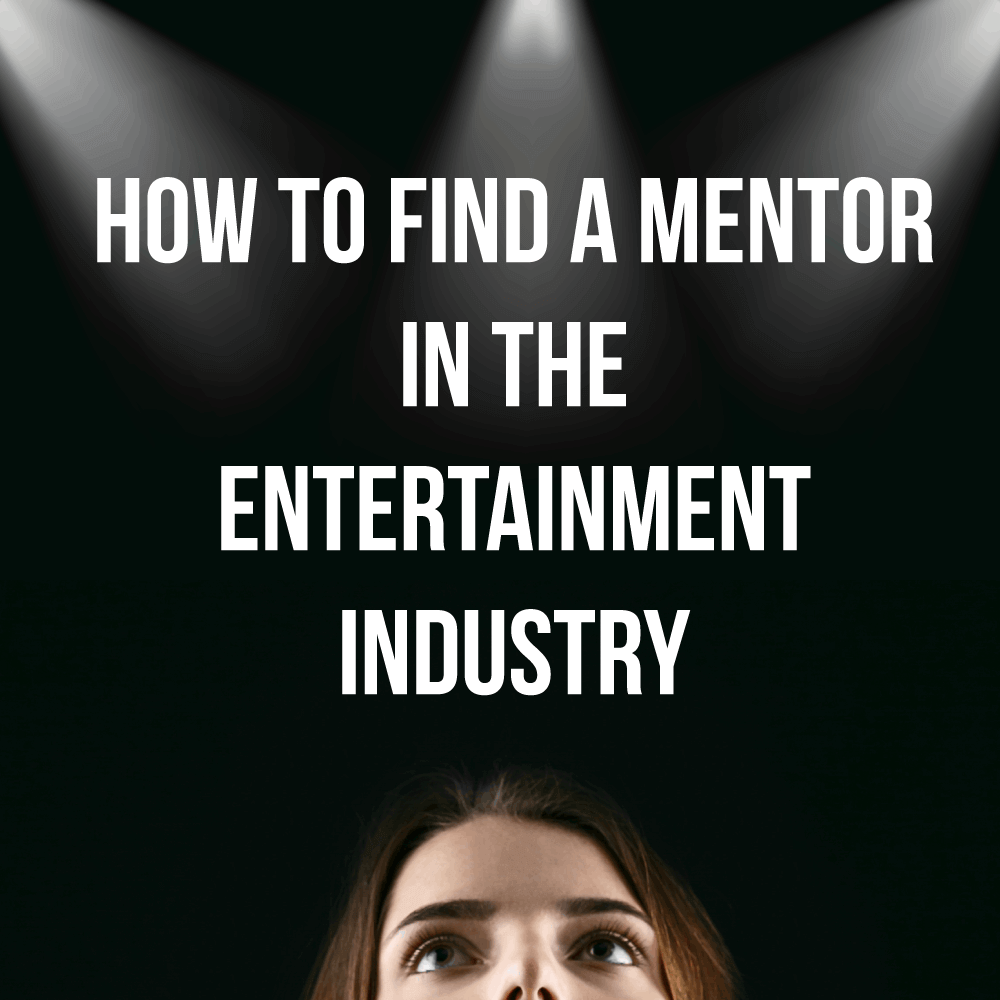Breaking into the entertainment industry is no easy task, especially when creators try to do it on their own. Some of the biggest names out there have relied on the guidance of a mentor to help them navigate to success. Take a look at Justin Bieber, who under the guidance of his mentor Usher, transformed from a lesser known YouTube creator into one of the world’s best-selling music artists. Even Usher stresses the importance of an industry mentor and pays homages that his success stems from the guidance of his mentor Sean “Diddy” Combs. A mentor can offer you invaluable perspective and insights that cannot be found anywhere else, only one question remains: how do you find a mentor that’s the perfect fit for you?
Why You Need To Find A Mentor
A good mentor will have enough industry experience to provide you credible guidance and an established foundation you can build on. It can be overwhelming when you begin your career in the entertainment industry, so mentors should be able to answer any questions you have in addition to providing feedback to help you overcome challenges you may face. The right mentor will understand what works and what doesn’t and will be able to help you set attainable goals along with the strategies to reach them. Additionally, they can act as the push you need to get yourself out there and keep you motivated. Most importantly, once you find a mentor you will have access a myriad of professional working connections that will allow new paths of your career to open.
Qualities To Look For In A Mentor
Before picking a mentor, the most important step is to make sure they are a good fit for you. It’s important that you get along with the person you chose since you will be communicating frequently and spending a decent amount of time with them. Keep these characteristics in mind when you are trying to find a mentor:
Previous success-Their previous achievements will tell you a lot about how well they do their job. Your mentor should be able to provide reliable and accurate advice with significant accomplishments of their own. In order to trust that the mentor you are choosing can help you achieve your goals, observe their success. Look for reviews, testimonials, or general feedback on their websites to see if they are capable of making musicians they previously worked with became successful.
Similarities-Find a mentor that has similar values and goals as you. Research by the University of Wisconsin-Milwaukee found that a mentor and mentee relationship without rapport is like having no mentor at all. Understanding one another is essential, you don’t want to clash down the road when it comes to expectations. Having similarities will also help create a bond and establish trust.
Availability-There will be times outside of scheduled appointments that you will need to reach your mentor so their availability will become a big value to you. Communication is a big part of working with a mentor, you should feel comfortable to reach out when needed.
Challenging-In order to reach your fullest potential you will need to get out of your comfort zone and your mentor will be the one to push you there. Make sure they are not afraid to criticize constructively and you must take their feedback and use it to become better.
Where You Can Find A Mentor
The best way to find a mentor is to look at the people you are already surrounded by since they already know what goals your are trying to accomplish and what your strongest skills are. Remember, the best mentors should be able to offer unbiased feedback, so look for someone in the industry you may already be connected to that will be able to offer it. If you don’t have any connections within the industry have no fear, there are many other ways to find a mentor. For example, if you are focusing on music get involved in your local music community. Find where local musicians spend their time (like a music store) and prepare yourself with relevant questions. You can also research musicians you admire and get yourself on their radar by using social media to post and comment on their content, or even direct message them. LinkedIn can also be a great tool so connect and initiate a conversation with a potential mentor. Attending music industry conferences, seminars, and conventions like SXSW is another great way to connect with industry professionals. Sharpen your networking skills with these helpful hints!
For more helpful tips about the entertainment industry, check back on our weekly blogs!
